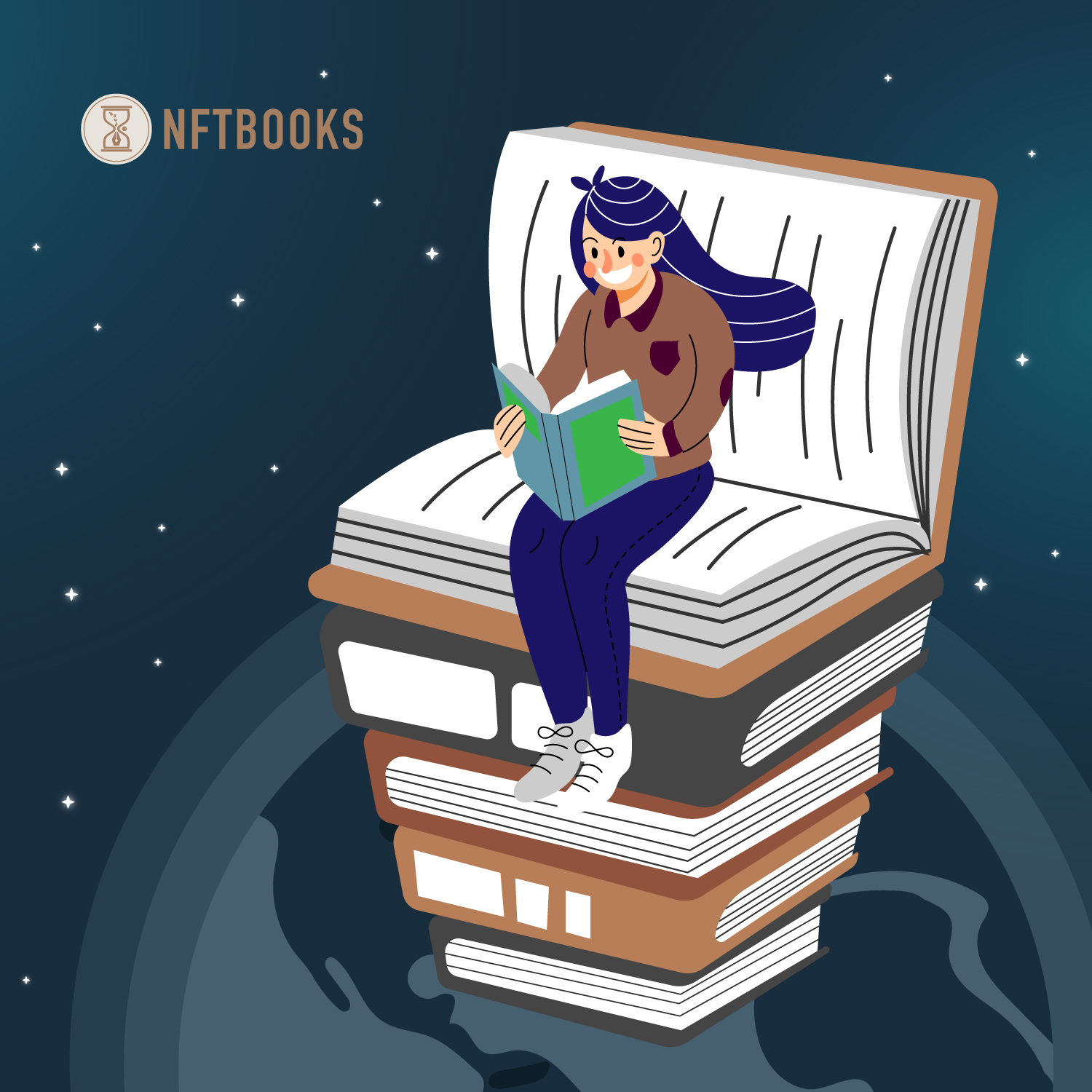The landscape of the book industry has been dramatically reshaped by the impact of technology on the book industry. From the way books are written and published to how they are consumed, technology has introduced both opportunities and challenges. This transformation has not only altered traditional publishing models but has also democratized the process, allowing more voices to be heard in the literary world.

The Rise of Digital Publishing
With the advent of digital platforms, the impact of technology on the book industry is most evident in the rise of digital publishing. E-books have grown significantly, offering readers convenience and immediate access to literature without the physical constraints of paper books. The global e-book market is expected to reach a valuation of $32.19 billion by 2032, highlighting the shift towards digital consumption. Digital publishing reduces the need for physical distribution, which not only decreases costs but also speeds up the process from manuscript to market. It allows for instant updates and corrections, making books more dynamic than ever before. This shift has not only made reading more accessible but has also opened up new markets, particularly in regions where physical bookstores are few.
Self-Publishing: Empowering Authors
Technology has empowered authors through self-publishing platforms, significantly impacting the impact of technology on the book industry. Platforms like Amazon Kindle Direct Publishing have made it possible for writers to bypass traditional gatekeepers and directly reach their audience. This shift has:
- Democratized Writing: More authors can now publish their work without the need for a traditional publisher, leading to a diversity of content. This democratization means that niche markets can thrive, and stories that might have been ignored by traditional publishers now have a chance to find their audience. It’s a revolution in literary diversity and cultural expression.
- Control Over Content: Writers retain more creative and financial control over their work. In traditional publishing, authors often must compromise on their vision to meet market demands or editorial expectations. Self-publishing allows authors to maintain their narrative integrity, experiment with different genres, and directly respond to reader feedback. Financially, they can set their prices, manage promotions, and keep a larger share of royalties, thus potentially increasing their earnings.
- Global Reach: Books can be distributed worldwide instantly, reaching a global audience that was previously unimaginable with print-only distribution. An author from any corner of the world can now share their work with readers on another continent within hours. This global reach broadens the market for authors and enriches the literary landscape with diverse voices and stories.
NFTBOOKS: Revolutionizing the Book Industry with Blockchain Technology
NFTBOOKS is at the forefront of leveraging blockchain and NFT technology to transform the book industry. By converting books into NFTs, the platform ensures secure copyright protection and transparency in ownership. Authors benefit from perpetual passive royalty income, earning a share from every resale of their work, unlike traditional publishing where earnings are often limited to initial sales. Readers can rent, trade, and resell books, creating a secondary market that adds value to digital ownership.
Moreover, NFTBOOKS’ decentralized framework allows for global access, enabling authors to reach international audiences instantly. The platform’s Reward System incentivizes engagement by allowing users to earn tokens for activities like reading, reviewing, and borrowing books. With features like KYC verification for authors and robust intellectual property protection, NFTBOOKS redefines book creation and distribution. This innovative approach empowers authors and readers. It also lays the foundation for a more equitable and dynamic literary ecosystem.
Interactive and Multimodal Experiences
Beyond text, technology has introduced interactive and multimodal elements into books. Enhanced e-books with audio, video, and interactive elements provide a richer reading experience. This evolution in storytelling includes:
- Augmented Reality (AR): Some books now offer AR features, allowing readers to visualize concepts or explore stories in new dimensions. Imagine reading a history book where you can see ancient civilizations come to life through your device or a novel where characters interact with you in real-time.
- Virtual Reality (VR): VR books transport readers into the story’s setting, creating an immersive experience. This technology can make you feel like you’re walking through the pages of a book, experiencing the narrative in 3D, like living inside a fantasy world or historical event.
- Audiobooks: The audiobook market has seen a surge, offering a listening experience that caters to multitasking or visually impaired readers. Audiobooks add a layer of performance with narrators bringing characters to life, enhancing the emotional connection to the story. This format also allows for consumption during activities where reading text would be impractical, such as driving or exercising.
Challenges and Considerations
Despite its benefits, the impact of technology on the book industry brings challenges. Digital rights management (DRM) and piracy are significant concerns, impacting how publishers protect intellectual property. Additionally, the physical book experience, cherished by many, might be at risk:
- Piracy Issues: The ease of copying digital content has led to increased piracy, which can diminish earnings for authors and publishers. Despite DRM solutions, unauthorized distribution remains a hurdle, affecting the financial viability of digital publishing.
- Reader Preference: Despite digital advancements, a significant portion of readers still prefer the tactile engagement of printed books. The smell of the pages, the feel of paper, and the aesthetic of a bookshelf are experiences that digital formats can’t replicate, leading to a continued love for physical books.
- Market Saturation: The ease of self-publishing has led to an influx of content. This makes it challenging for new authors to stand out. With so many books available, the competition for reader attention is fierce. Authors must master marketing and SEO to ensure their work doesn’t get lost in the digital crowd.
Final thoughts on The impact of technology on the book industry
The book industry continues to evolve as technology advances, presenting both opportunities for expansion and challenges to overcome. The adaptation to digital platforms, the empowerment of authors, and the enhancement of reading experiences are reshaping what we know about books. As we move forward, the balance between digital and traditional methods will define the future of literature.
You might be interested in reading The Ultimate Guide to NFT Books as well.
Join the Conversation: Have you noticed the impact of technology on your reading habits or the books you choose to read? Share your thoughts in the comments below. If you found this article insightful, consider sharing it with fellow book lovers and tech enthusiasts.







